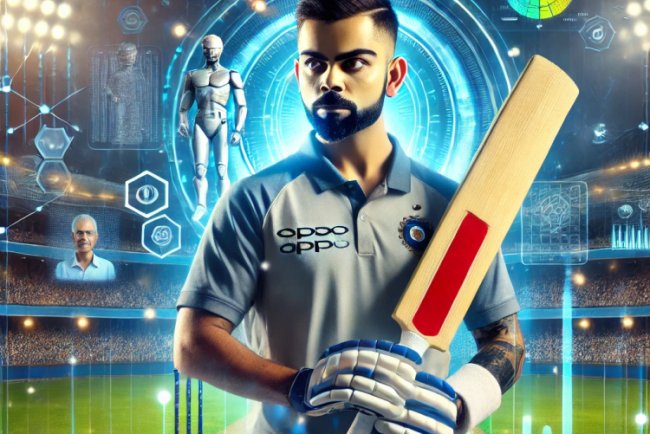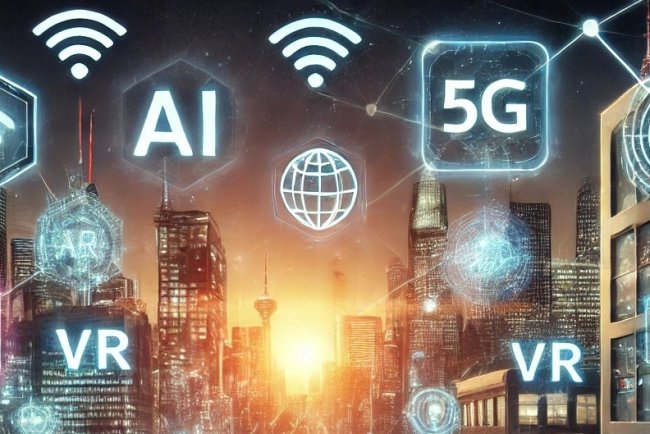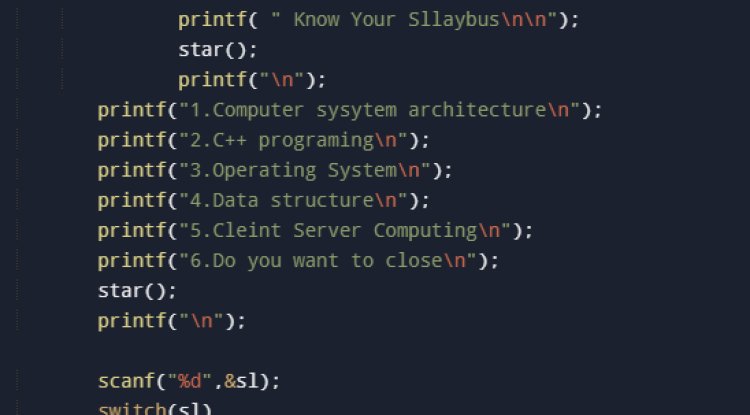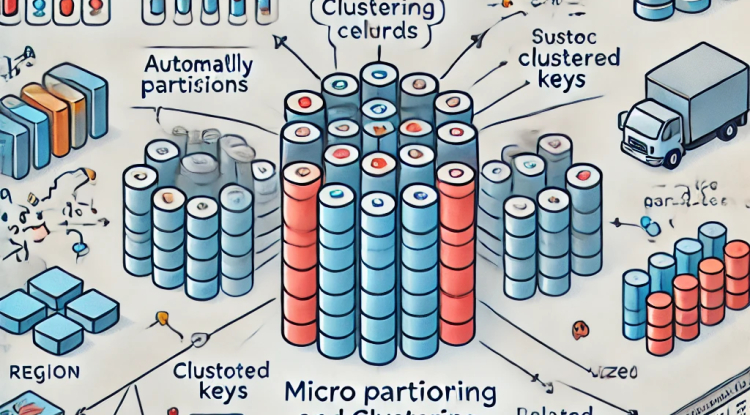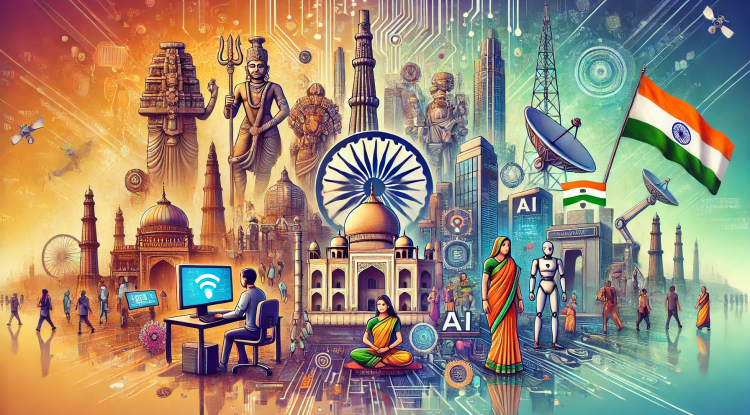The Rise of Robots: How Technology is Transforming the Future
The Rise of Robots: How Technology is Transforming the Future

The world is continuously advancing with the help of science and technology. The day is not far when robots will replace humans in many areas of life. In the near future, very few jobs will remain for humans, while robots will handle most of the tasks, from driving cars and cooking to conducting surveys and performing various other activities that are currently managed by people.
One of the leading figures in this technological revolution is Elon Musk, the visionary entrepreneur and CEO of Tesla. On October 11th, at an event in Burbank, California, Musk unveiled the Optimus Generation 2 robot, a second-generation humanoid robot. This robot represents a significant advancement over its predecessors, capable of performing various tasks that older models were unable to accomplish. Musk described it as one of the most critical projects that Tesla has ever undertaken.
Optimus Generation 2: A New Era of Humanoid Robots
The possibilities for the Optimus robot are nearly limitless. Designed to mimic human behavior, this robot can do more than just automate tasks—it can actually interact in meaningful ways. According to Musk, the Optimus robot can walk your dog, take care of children, mow the lawn, and even serve drinks. Its human-like abilities extend to conversation and communication, making it a potential companion for daily life.
During a live demonstration at the event, the robot showed off its skills by serving drinks at a counter. The audience witnessed its ability to move fluidly and interact naturally with people, even wearing a hat to add a touch of personality. Musk emphasized that this robot’s ability to serve and communicate is one of its most remarkable features.
Why Robots Could Be Our Future Companions
Elon Musk envisions a world where robots like Optimus are as common as smartphones or personal computers. The projected cost of the robot is estimated to be between $16,000 and $25,000 (approximately 12 to 20 lakh INR), making it relatively affordable compared to other high-end technologies. Musk expressed his belief that billions of people around the world would want an Optimus companion in their homes, seeing it as a significant step toward making advanced robotics accessible to the masses.
He stated, "Optimus has the potential to revolutionize our lives in ways we can’t even begin to imagine."
How Robots Will Change the Job Landscape
The integration of robots into everyday life could transform how we work and live. With advancements in artificial intelligence and machine learning, robots are becoming more efficient, capable of handling tasks that previously required human intelligence and dexterity. From service industries to manufacturing, robots are poised to take over repetitive and labor-intensive jobs, allowing humans to focus on more creative and strategic endeavors.
However, this transformation also raises important questions about the future job market. As robots take on roles traditionally held by humans, the need for reskilling and upskilling becomes more critical. People will need to adapt to this shift by gaining expertise in areas where human creativity, emotional intelligence, and complex problem-solving are irreplaceable.
The Role of Artificial Intelligence in Humanoid Robots
The true power of robots like Optimus lies in their AI-driven capabilities. With advancements in neural networks, machine learning, and natural language processing, these robots are designed to understand human behavior, learn from their environment, and make decisions accordingly. This blend of AI with robotics gives machines the ability to not only mimic human actions but also predict and adapt to our needs.
Elon Musk’s vision for Optimus goes beyond simple automation; he sees it as a partner capable of enhancing human life. Whether it’s providing care for the elderly, assisting in medical procedures, or simply making our daily tasks more manageable, these robots have the potential to dramatically improve quality of life.
The Future of Robotics: Unlimited Possibilities
Optimus represents just the beginning of what could be a new age in robotics. Imagine a world where robots handle the mundane aspects of life, allowing humans to focus on innovation, creativity, and building a better future. From space exploration to healthcare, and from personalized education to household chores, the applications for these humanoid robots are truly boundless.
Robots will not only perform tasks faster and more accurately than humans but will also bring precision and consistency to areas like scientific research and complex data analysis. With the ability to operate in hazardous environments and execute delicate tasks, they will become indispensable in fields that require precision and efficiency.
Ethical Considerations and Challenges
As exciting as this future sounds, it also comes with its own set of challenges and ethical questions. How do we ensure that robots are used responsibly? What happens to the workforce when automation reaches a point where robots can do nearly all tasks better than humans? Ensuring that these advancements benefit society as a whole, rather than exacerbating inequality, will be a crucial challenge for policymakers and tech companies alike.
There are also concerns about privacy, security, and the potential misuse of AI-driven robots. As they become more integrated into our lives, it will be essential to establish strict guidelines and regulations to prevent any unintended consequences.
Conclusion: A Quantum Leap into the Future
The journey from early theoretical ideas to the creation of functioning humanoid robots like Optimus shows just how far we’ve come in the field of technology and innovation. With Elon Musk leading the charge, the world of robotics is on the brink of a revolution that will change how we live, work, and interact.
As we stand on the cusp of this new era, the challenge lies in harnessing the potential of robots to enhance human life, without compromising on ethical values and societal well-being. The future of technology isn’t just about creating machines that can think and act like us; it’s about building a world where humans and robots can collaborate to achieve what was once thought impossible.
Robots like Optimus are more than just machines—they are a glimpse into the future of human progress, a future where technology and humanity work hand in hand to push the boundaries of what is possible. The day when robots become our co-workers, companions, and even friends is not as distant as it once seemed, and the revolution has just begun.
What's Your Reaction?








